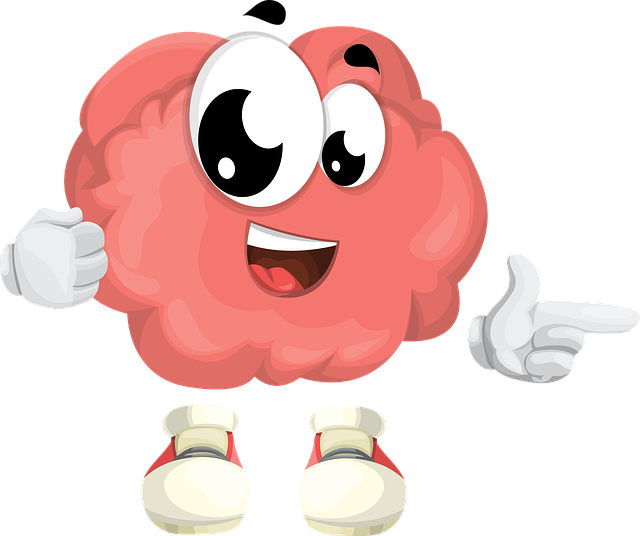There is so much information in the world ready to bombard us, and distractions aplenty. The ability to focus and concentrate seems harder to find than ever!
But you can make it easier for yourself with these six tips that will help brain fog dissipate so you can work on the things that are truly meaningful to you.
1. Reduce urgent distractions
So many things seem like they need to be done RIGHT NOW! But if they’re not important, you’re wasting your time. Set your phone facedown and/or turn it off while you’re focusing on a task so the notifications don’t interrupt you.
What are important tasks compared to urgent ones? Well, sometimes they’re harder. These are the ones that contribute to your long-term goals and mission.
The more time you spend on important tasks, the better. Plan ahead so you don’t have too many last-minute urgent interruptions that aren’t critical to your long-term dreams.
2. Stop trying to multitask
Many people believe they can multitask, but your brain actually has to switch back and forth between the tasks. Which tires out your brain and makes it less productive and efficient.
Finish one task at a time, and give it your attention. Put that phone down! Turn off notifications when you need to concentrate, and you’ll be surprised how much more productive you can be.
3. “Kondo” your spaces, even at work
Not only does clutter take up space on your desk, it takes up space in your brain too! Having too much stuff to look at it tends to create a level of anxiety that’s low, but still occupies your mind.
Not in the mood for a deep clean, Marie Kondo-style? That’s OK too. Just make a plan for yourself to tackle one small area a day. Once it’s clean, you can keep it that way by continuing to declutter daily. Give your brain a calm place to look at and work in.
4. Get off your tuchus 🙂
Yes, as we’ve said before, sitting is bad for your physical health. But remember that mental health and physical health are tightly linked. Your productivity improves when you move more.
Even something simple like a brisk walk at lunchtime can help you clear your head. For more movement during the day, try a desk that you can stand (comfortably) to work at too.
5. Create, don’t consume
Passively consuming content isn’t good for your brain. Or your butt, when you’re sitting down to do it. When information is flooding you, take a time-out to ask yourself: does this help me in any way? Is it something I will take action on? If not, you don’t need it.
This frees up a lot of time for you to explore things that you’re curious about. Get back to the crafts and hobbies you’ve been wishing you had time for, now that you’re not wasting it scrolling through your social media feed or streaming reruns.
Do activities with the kids, instead of letting the whole family sit in front of their screens. Help them create content or artwork or crafts. Everyone can get active with their minds!
6. Try new things
Being comfortable in your own rut sometimes feels good, but it’s not good for your brain. The human mind needs to stay active or the connections between neurons can break down or disappear over time.
In addition to trying new physical exercises or new locations, you can also learn about new subjects you’re interested in. Learning new skills and exposing yourself to new ideas keeps your brain healthy, and the connections between neurons secure and healthy.
Need help with a sit-stand desk setup at home or a way to craft comfortably without back strain? Check out our store for our full-line of easy solutions.
Lift Your Tabletm…Save Your Back!




